Is it eye fatigue?
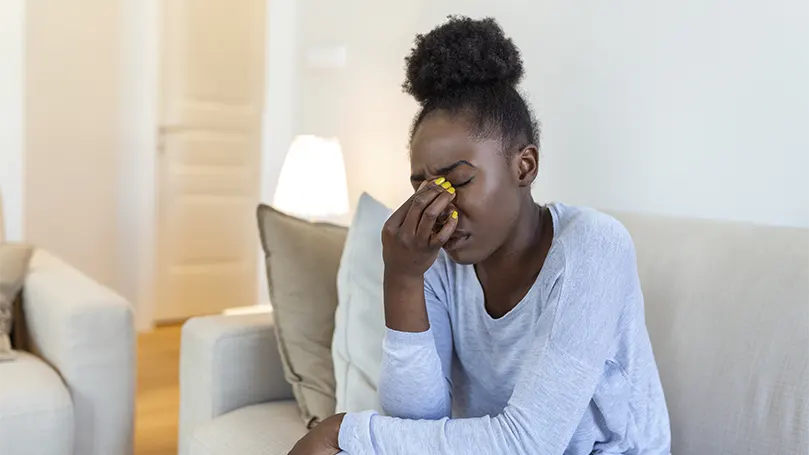
It probably is. Eye fatigue, also known as asthenopia, is a type of visual dysfunction that results in eye strain and discomfort. It's often caused by extended periods of close work, such as reading or using a computer.
Symptoms include eyestrain, headaches, blurry vision, and difficulty focusing – but more on that later. While it can be frustrating and even painful, eye fatigue is usually not that serious and will resolve itself with rest. So if you're feeling like your eyes are heavy and tired all the time, it's likely due to eye fatigue and a nap or two should solve the problem.
But there could be more. Although not common, eye fatigue can be a symptom of a more serious underlying condition, such as glaucoma or cataracts, or possibly even cancer.
Therefore, if you experience severe or persistent eye strain or fatigue, it's important to see an ophthalmologist to rule out any other potential causes.
The symptoms of eye fatigue
Now that we know a little bit more about eye fatigue, let's take a look at some of the most common symptoms. As we mentioned before, these can include:
Blurry vision
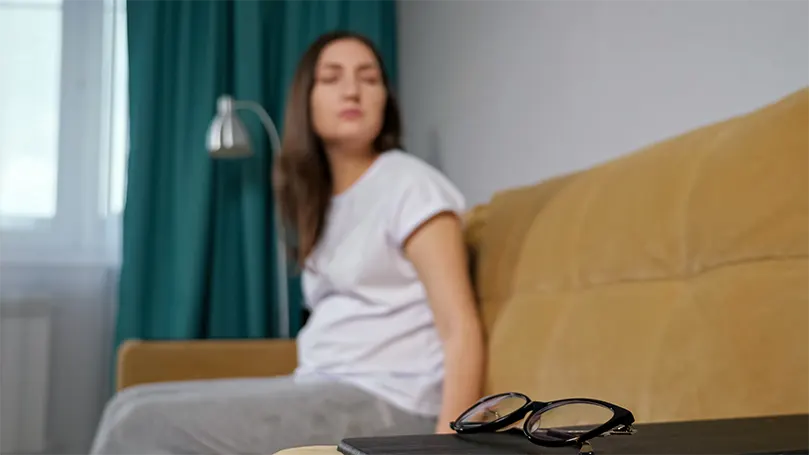
If you're experiencing eye fatigue, one of the symptoms you're likely to experience is blurry vision. This is because when our eyes are tired, they can't focus as well. Just like eye fatigue itself, blurred vision is usually harmless, but it can be a sign of other more serious eye conditions.
And this should go without saying but this only count if you typically don't have blurry vision. So, if you've been wearing glasses for years, having blurry vision without them on is rather standard.
Seeing double
Another common symptom of eye fatigue is seeing double. This happens when our eyes can't focus properly, and things appear to be two images instead of one. This can be very unsettling, especially if it happens suddenly and out of nowhere, but it usually isn't a cause for concern. Unless you're driving or operating heavy machinery. In that case, stop immediately. This applies to blurred or double vision equally.
Eye dryness
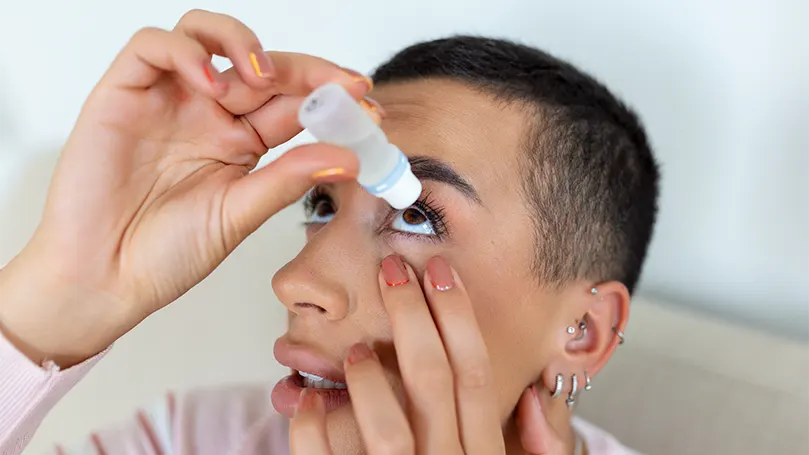
If you're suffering from eye fatigue or if you generally struggle with eye health, you might find that your eyes feel dry and itchy. This is because when our eyes are tired, they can't produce as many tears as we need. This can lead to a feeling of dryness, as well as itchiness and irritation.
However, do note that this symptoms can be caused by a few different conditions as well. Most noteably, if might just be a sign of allergies. So, if it's Spring, there's a good chance that all the pollen in the air is the cause of your itchiness.
Sore & warm eyes
Another symptom of tired eyes is sore or warm eyes. This happens when the muscles in our eyes get tired, and they start to feel achy. They might also feel warm and unpleasant to the touch.
Watery eyes
While slightly paradoxical, when our eyes feel tired, dry and itchy, they will also water more. This is because they are trying to compensate for the lack of tears. However, watery eyes can also be a symptom of other conditions, such as allergies or infections, and not just eye fatigue.
The reasons for eye fatigue
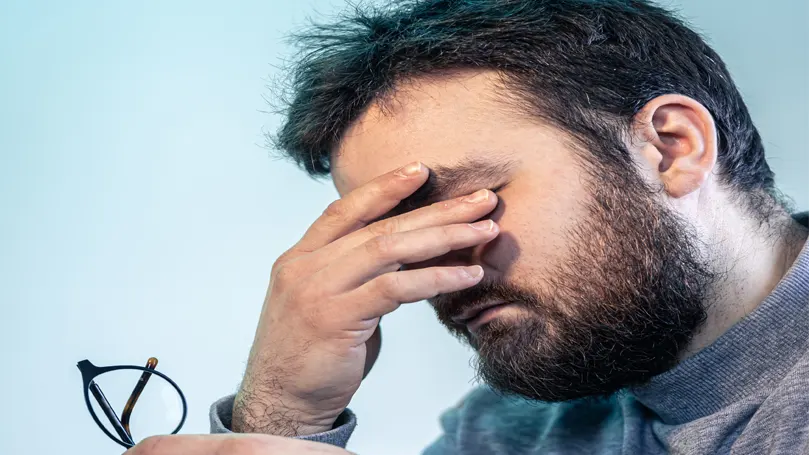
There are many reasons why people experience eye fatigue. One of the most common reasons is a simple eye strain, which is caused by looking at a computer screen or other digital device for an extended period of time. Other reasons for eye fatigue can include staring at a bright light, reading for too long, or working in a poorly lit environment.
Apart from those, there are also three noteable conditions that can cause eye fatigue. So, let's quickly go over all of them and see whether they're behind your eye fatigue.
Computer vision syndrome
Computer vision syndrome, or digital eye strain, is the term used to describe a group of symptoms that occur when you spend long periods of time looking at screens of digital devices. The symptoms include eye strain, headaches, neck and shoulder pain, and even blurry vision.
Ocular surface disease
The ocular surface disease is a term that is used to describe a condition that affects the surface of the eye and causes your eyes to dry out rather quickly. This can lead to a number of symptoms, including eye fatigue, as well as irritation, redness, and blurry vision.
What's worse is that this condition can be worsened by contact lenses, as well as by air conditioning.
Furthermore, since this disease is affecting the eye's surface, the eye's film is prone to tearing and isn't as good as recovering as it should be.
Muscle fatigue
Muscle fatigue is a real thing, and it can affect your eye muscles just like any other muscle in your body. When you overuse your eye muscles, especially the ciliary muscle controlling your eyes' focus, they can become strained, and this can lead to a feeling of fatigue.
Extraocular muscles are also affected by fatigue. When you use these muscles too much, they can become strained and tired, which can lead to a feeling of heaviness in your eyes, as well as double or uncorrected vision.
How to treat eye fatigue?
Even though the problem will usually go away on its own, you can help speed up the process by following some simple eye health tips.
Reduce screen exposure
If you're experiencing eye fatigue, make sure you give yourself a break from the screen. Taking a break every 20 minutes can help reduce eye strain.
Also, avoid electronics in the bedroom at all costs. The blue light from screens can make it difficult to fall asleep, exacerbating the effects of eye fatigue. This is because blue light can make your body “think” that it's still daylight out. So, this is also quite a handy tip if you've been suffering from insomnia.
Wear protective glasses
Blue light glasses are designed to block out harmful blue light waves. And, while they're not perfect, they can help reduce eye fatigue.
Make sure the glasses fit well and don't put too much strain on your nose or ears. You should also clean the glasses regularly to prevent bacteria from building up and causing additional eye problems.
Dim light will relax tired eyes
If you're struggling to keep your eyes open, try dimming the lights. This will help your eyes relax and ease some of the strain they're under.
You can also try using a humidifier to add moisture to the air. This will help keep your eyes from drying out, which can make fatigue worse.
Use artificial tears
If your eyes are dry and irritated, using artificial tears can help. This will help to lubricate your eyes and reduce some of the discomfort caused by the issue.
Just be sure to use artificial tears that are preservative-free. Preservatives can cause irritation and make tired eyes worse.
What if my eyes still feel heavy and tired all the time?

If you're experiencing any of the symptoms listed above and you can't seem to get rid of them no matter what you do – it's important to see an eye doctor as soon as possible. Even if it's just a light pain and some dryness. Visit an ophthalmologist.
They can help rule out any underlying medical conditions and help you find the best treatment option after a single eye examination. In some cases, your eyes may just need a little bit of rest, but in other cases, more aggressive treatment may be necessary. Don't hesitate to get help if you feel like your eyes are constantly tired and heavy – it's better to be safe than sorry.
So, there you go. Now you know why your eyes feel heavy and tired all the time, as well as what you can do to ease the symptoms. Just remember to take breaks from screens, use artificial tears if your eyes are dry, and see an eye doctor if the problem persists.
Conclusion
Overall, if your eyes feel heavy and tired all the time, it could be something as simple as eye fatigue. So, make sure to give your eyes a break every now and then! However, you might also need to see a professional if things are more serious. But do let us know in the comments whether you've ever experienced eye fatigue and how you overcame this issue.
Spread the word
Recommended reading:

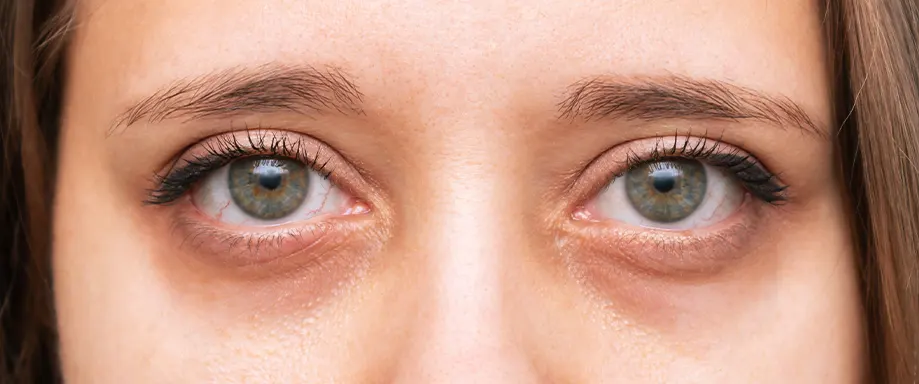

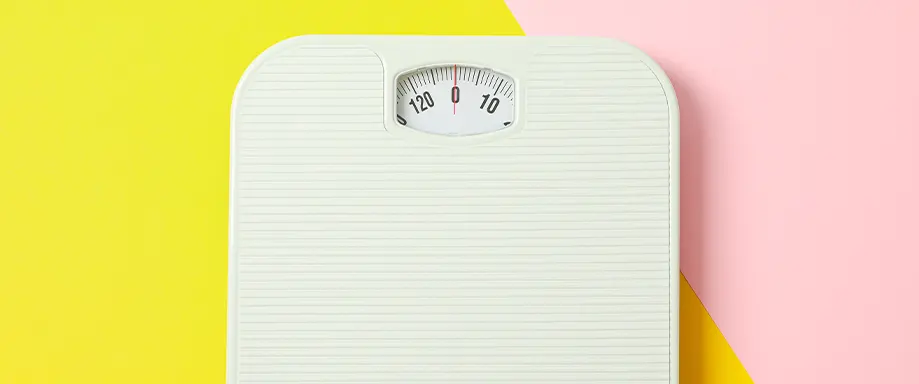











There are no comments yet
"*" indicates required fields